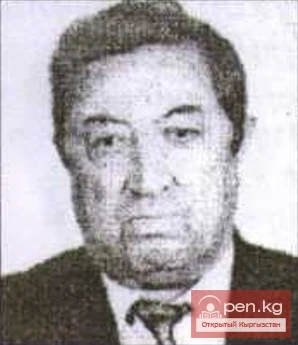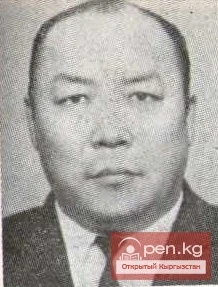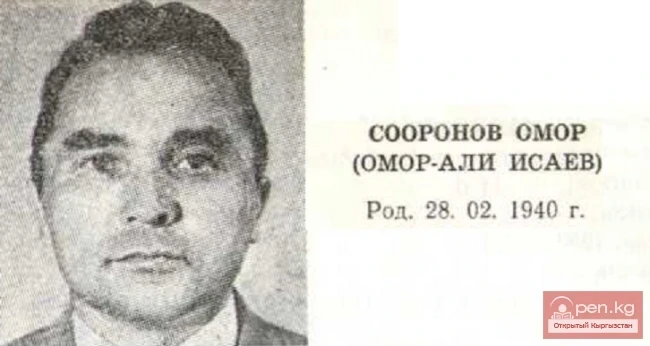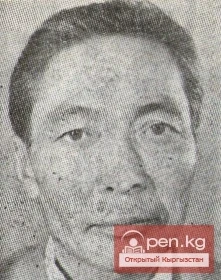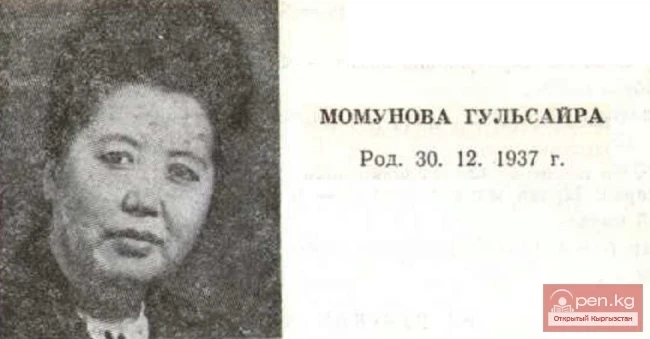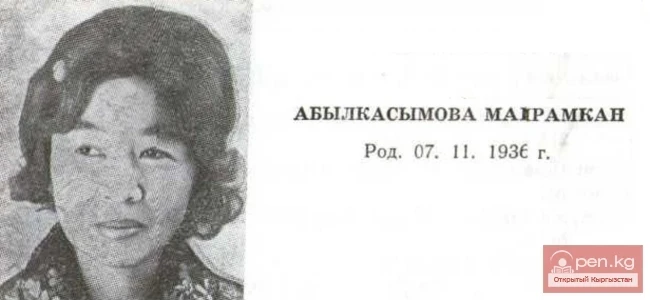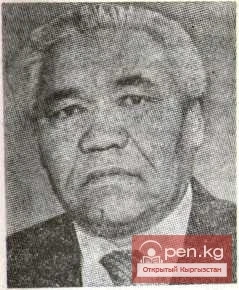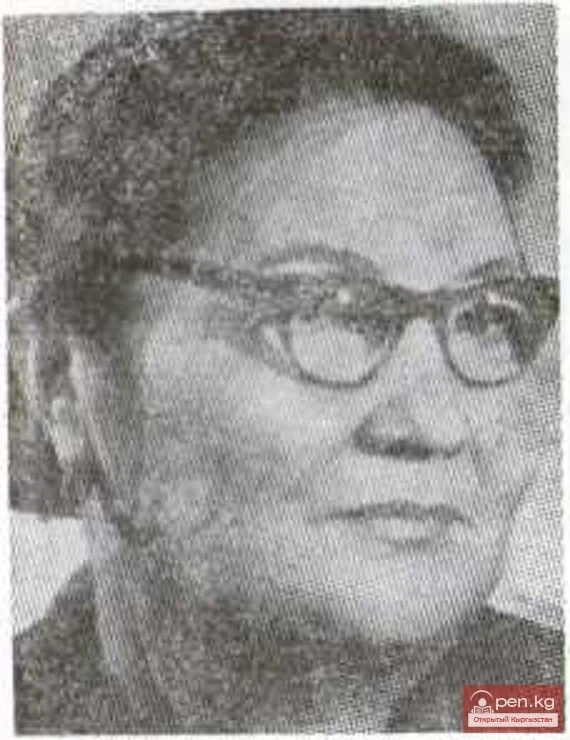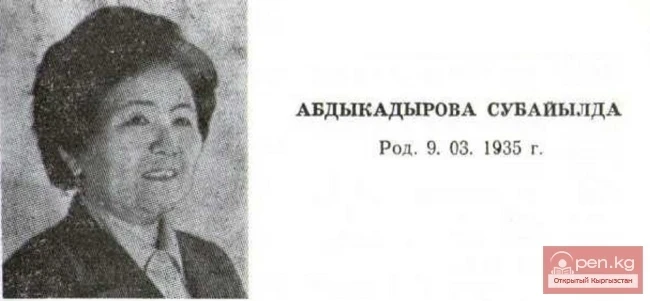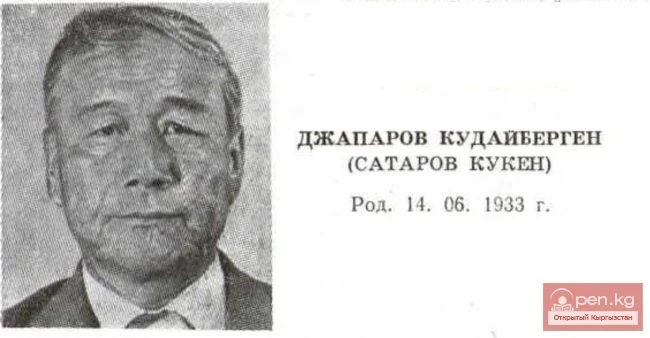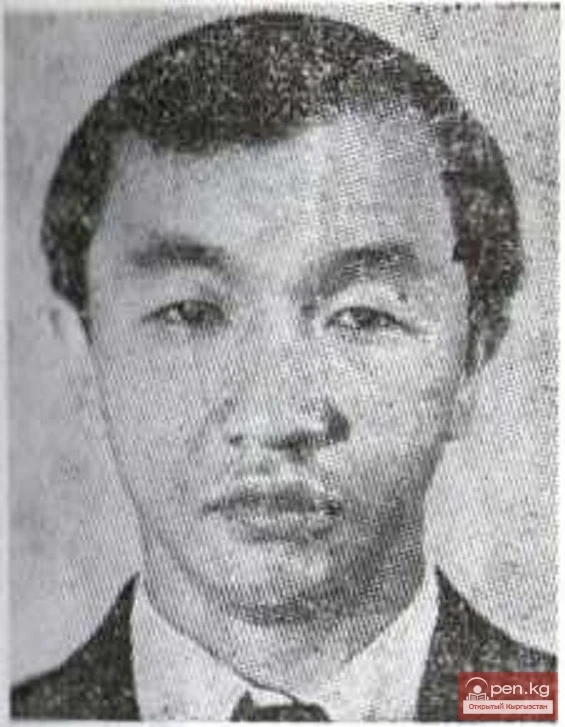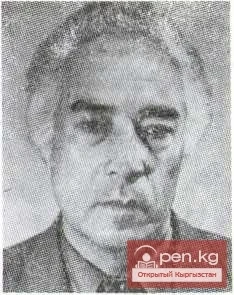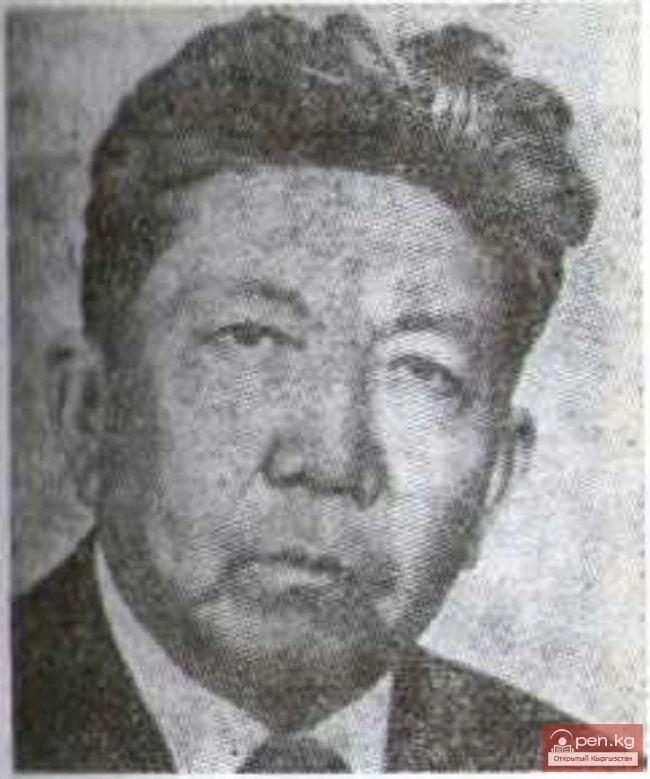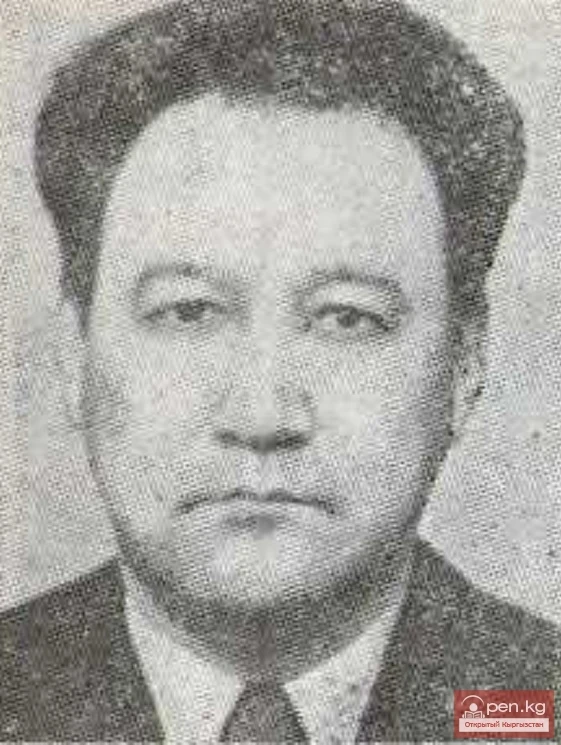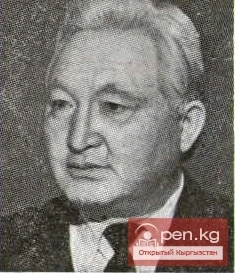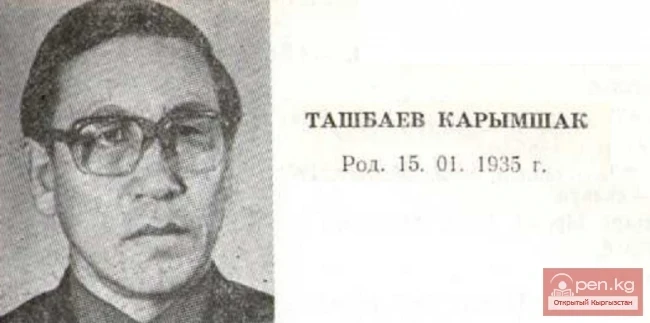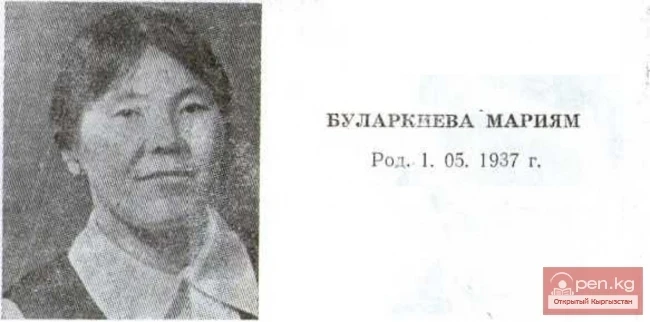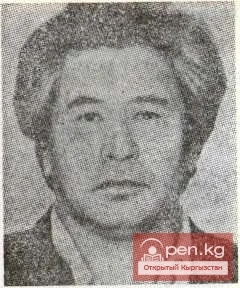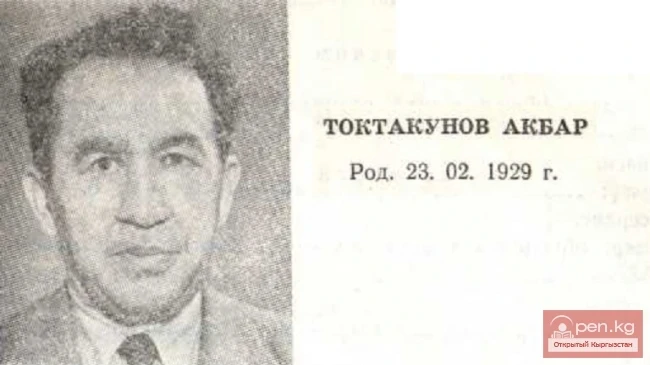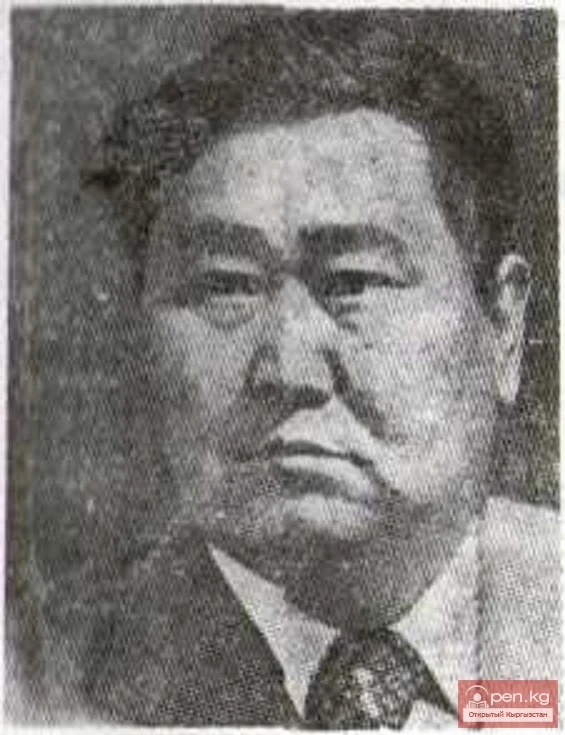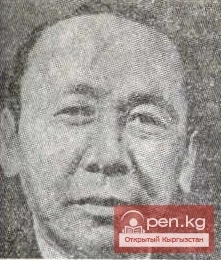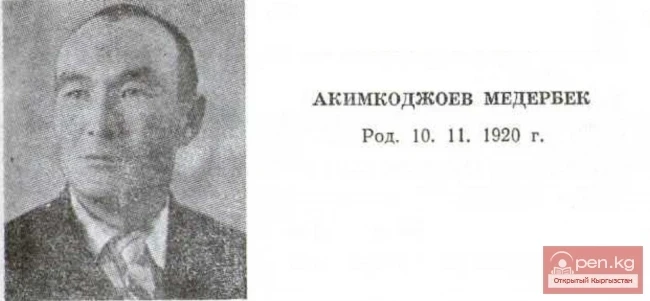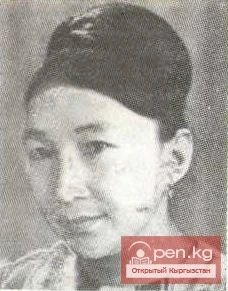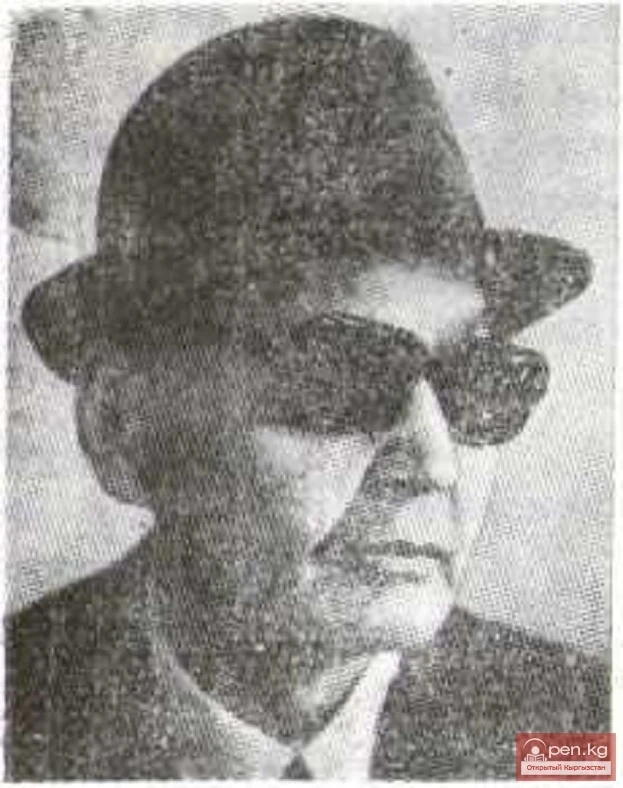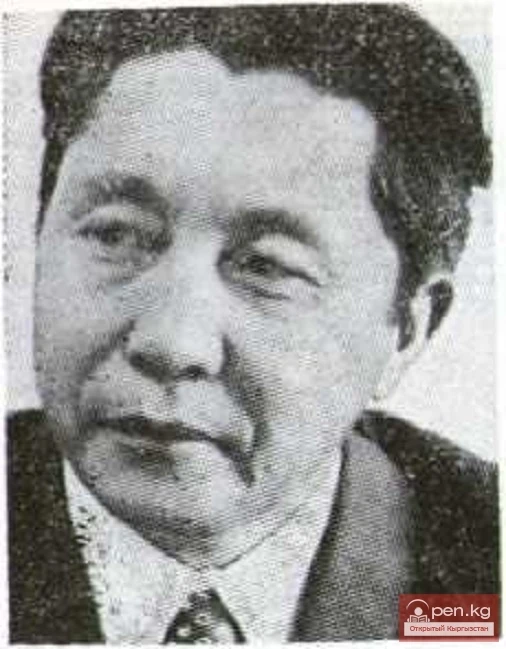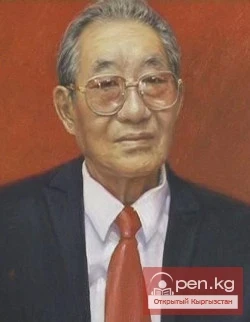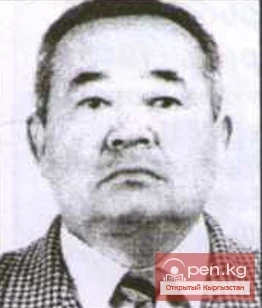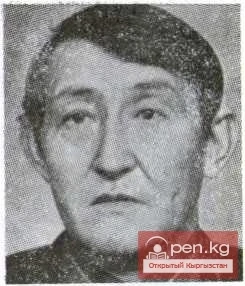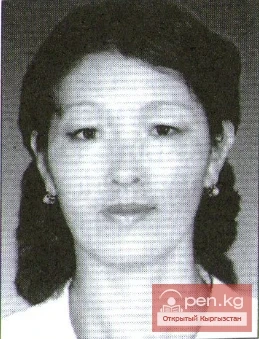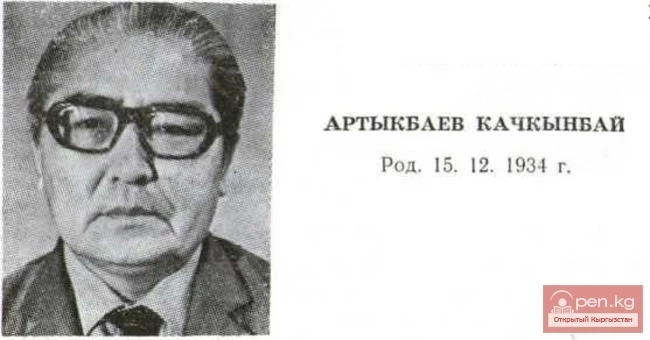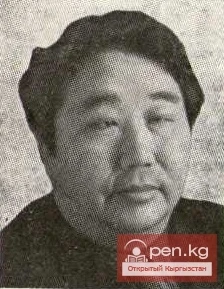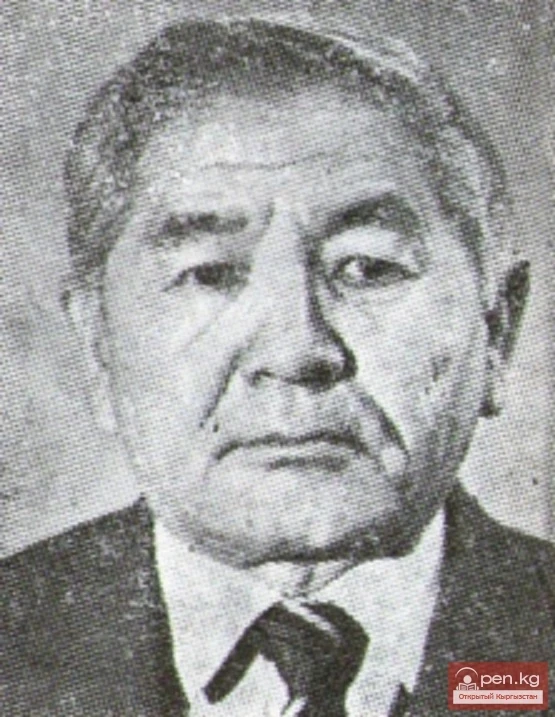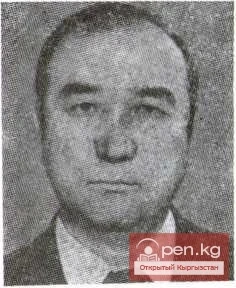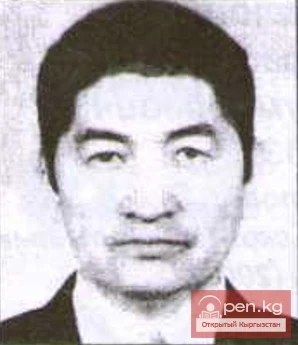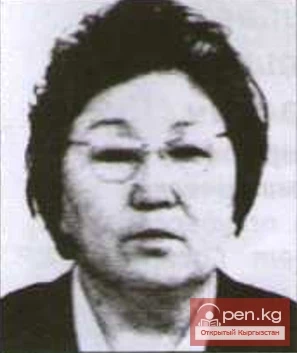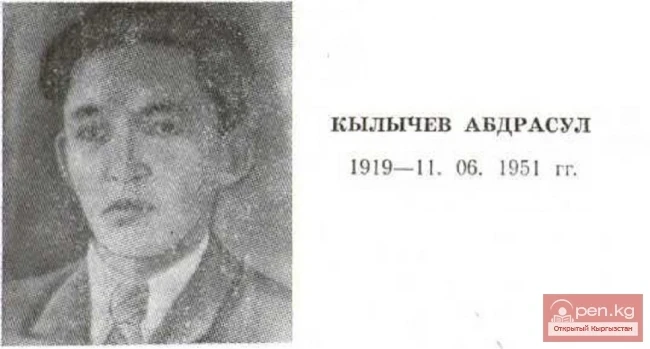Military-Police Institute and the Institute of Seniority
The Military-Police Institute in ancient times was called "choro" or "kyrk choro" (forty heroes), later - "zhigitter" - "jigits", "jasak" - lieutenants, "atkaminer" - horsemen (late 19th - early 20th century). Initially, this institute was the foundation of a military-democratic structure, and later became the personal guard of khans and tribal leaders. In conditions of fragmentation, the jigits performed various functions: from military ones, to repel external threats, to punitive ones, to ensure unquestioning obedience of tribesmen to the will of the head of the clan or tribe.
The latter function became predominant in the second half of the 19th century; however, under pressure from the Russian administration, the number of jigits significantly decreased. Each biy, bai, manap, datka had at their disposal a small group of jigits - jasool, who instilled fear among ordinary nomads to ensure the fulfillment of the leaders' will.
Among those involved in religious and spiritual practices, followers of various teachings and cults stand out. European travelers who visited Kyrgyz nomads in the 19th century noted the superficial understanding of Islam among the Kyrgyz, and the extremely thin social layer of the Muslim clergy.
Pre-Islamic beliefs and rituals were followed by bakshy, bubu bakshy - shamans, zhaichy - conjurers, supposedly able to change the weather, kuuchu - healers, supposedly capable of driving away evil spirits from a woman in labor, while within the framework of Islam operated: moldo, egaen, kalpa. These individuals led a full life in society, their activities were limited to providing religious, ritual, and ceremonial services when necessary.
The Muslim clergy was in the process of formation; they led a secluded lifestyle, engaged in religious affairs, including educating the youth in madrasas.
In the social hierarchy, the institute of seniority - aksakal, zhaty uulu, zholuulu - had fundamental significance, which should be understood not only in a gerontocratic sense - by the age of individuals, but also as seniority depending on kinship, affinity, status of the clan or tribe, where even younger individuals could possess seniority. The order of seniority manifested itself in all aspects of behavioral culture; it implied a respectful and reverent attitude towards elders. It was strictly observed during family and public meals, in the system of gift exchange, and played a dominant role in all rituals of the family and annual cycle. The institute of seniority extended to all situations and age groups of the population; only inheritance of the father's house and property occurred according to the minoritarian principle - to the youngest son.
Thus, the traditional social structure had a generally patriarchal-clan character. Kyrgyz society was characterized by the free movement from one social stratum to another, both horizontally and vertically. A former poor person or middle-class individual could become wealthy, and vice versa.
Mechanisms for incorporating disenfranchised individuals, who were not considered definitively lost to society, were developed, primarily relating to the institution of slavery.
Slavery in the Social Structure of the Kyrgyz


